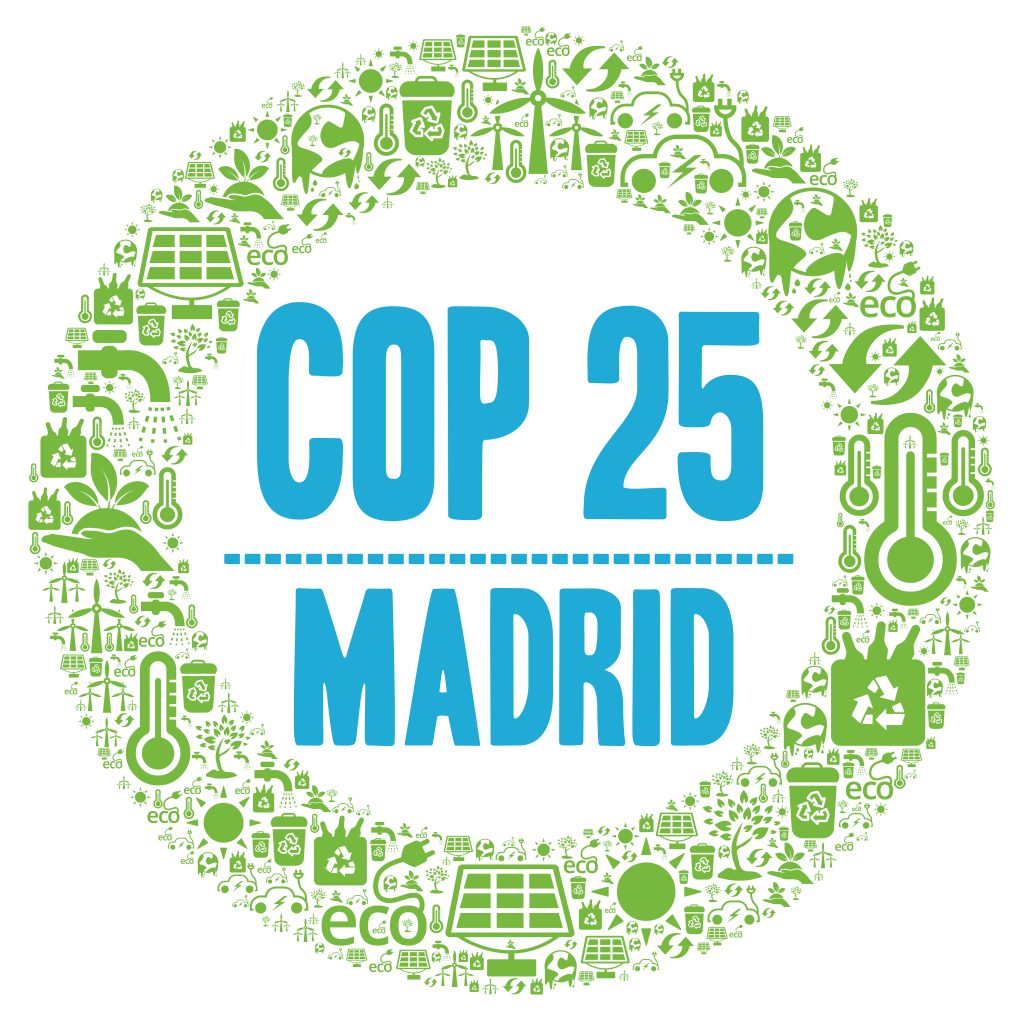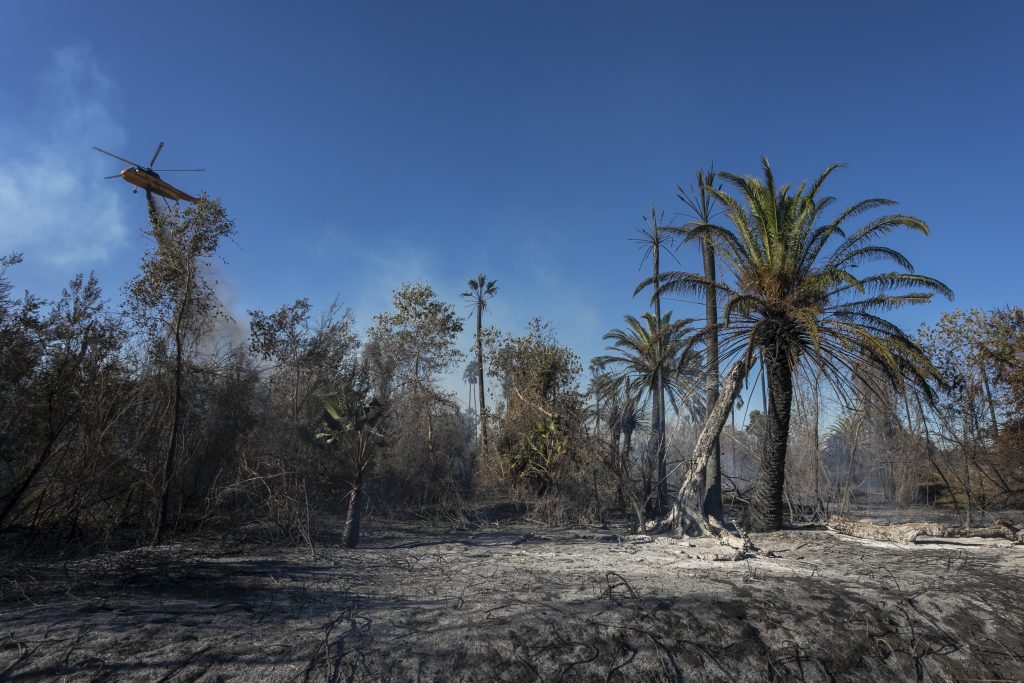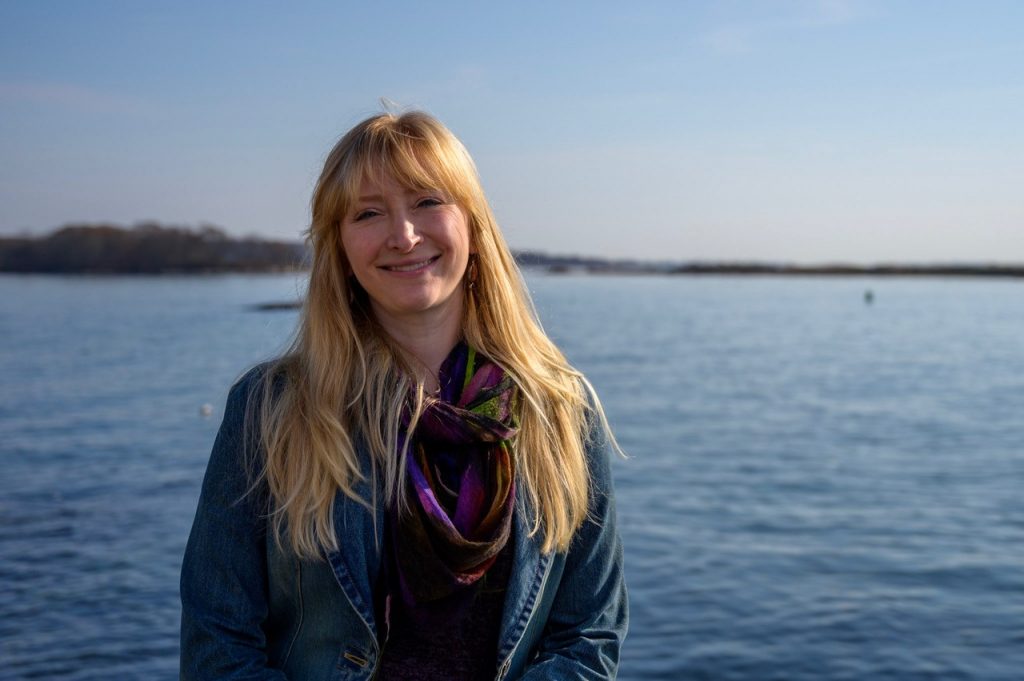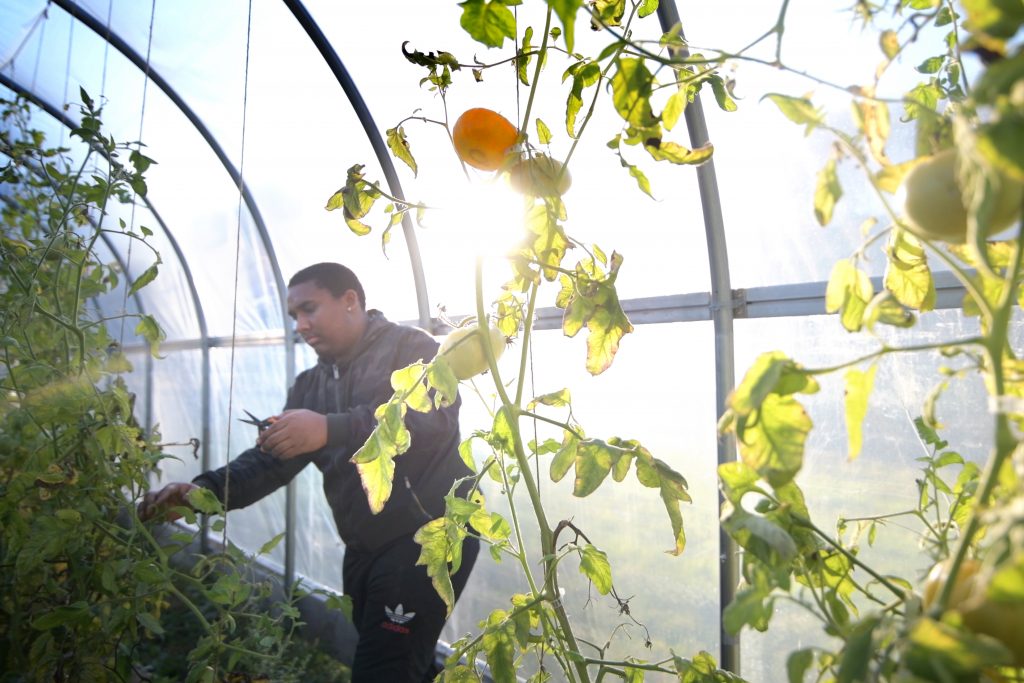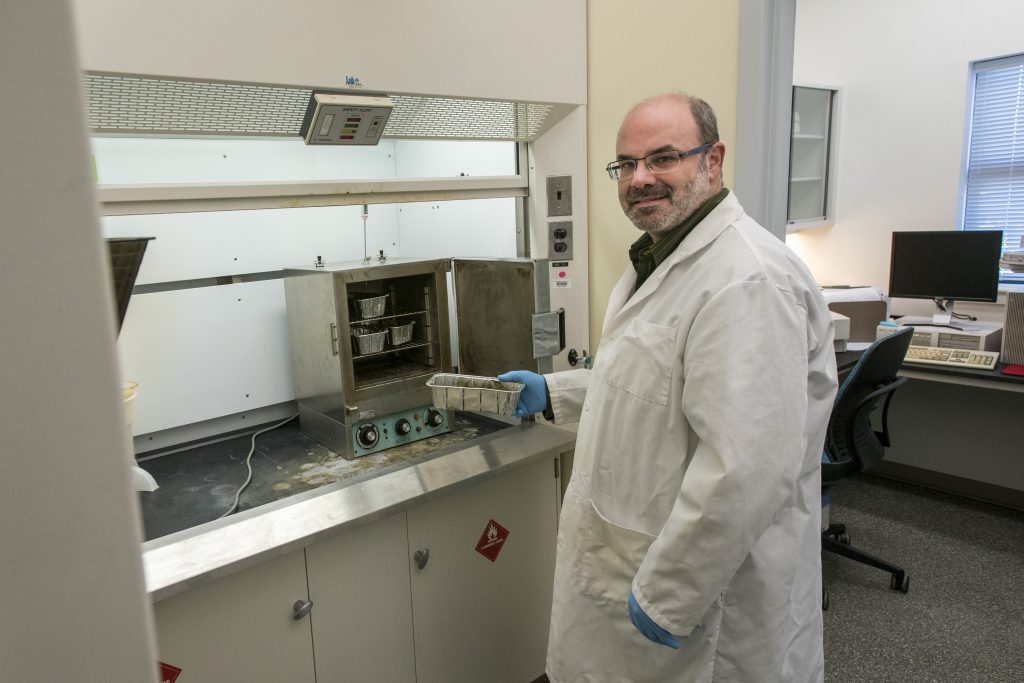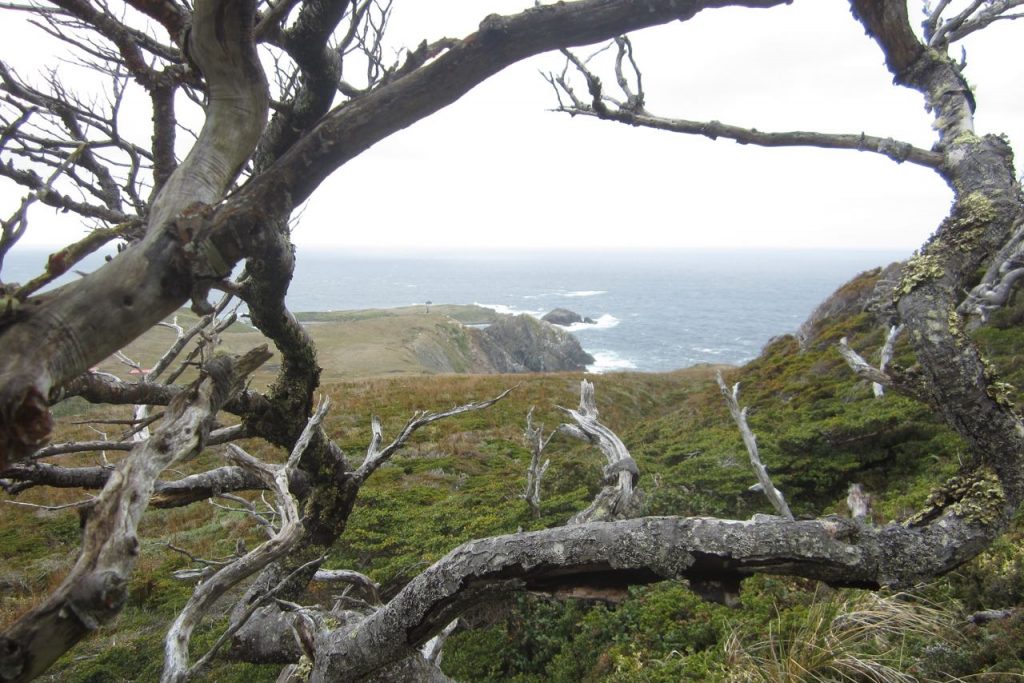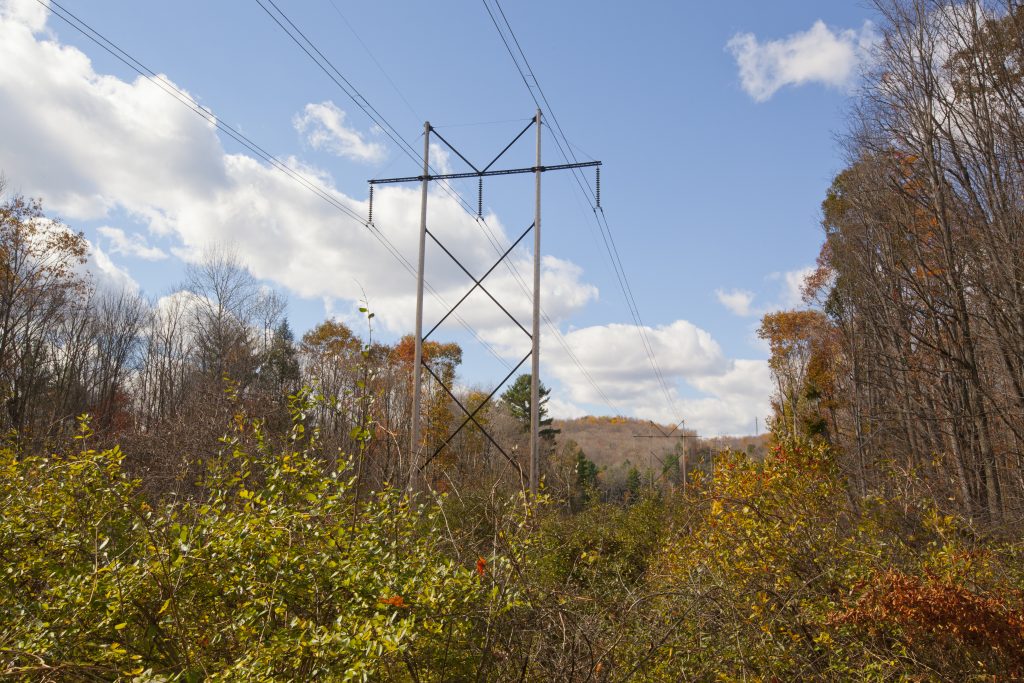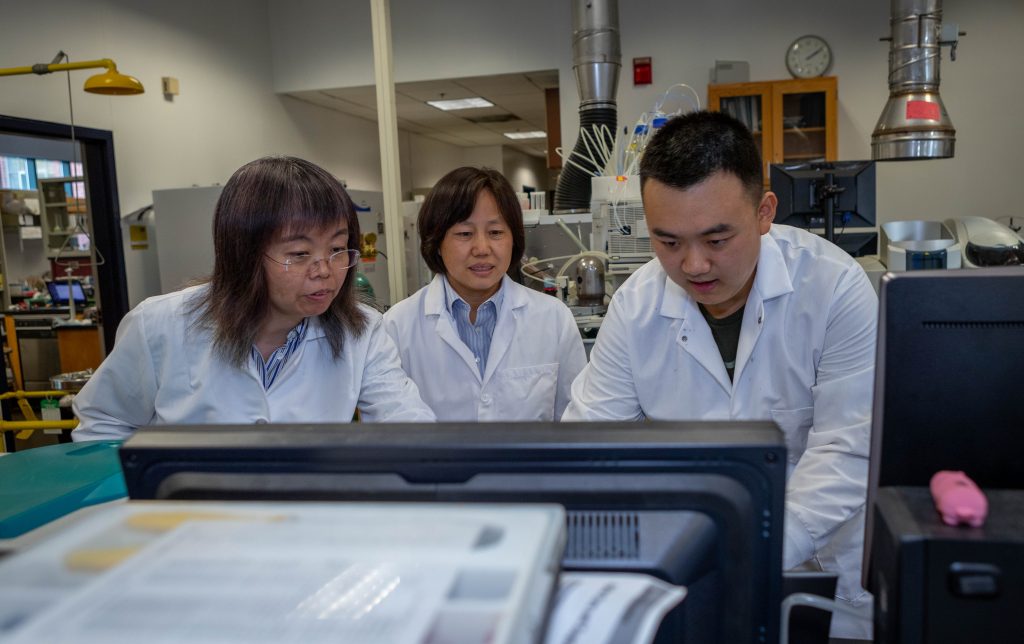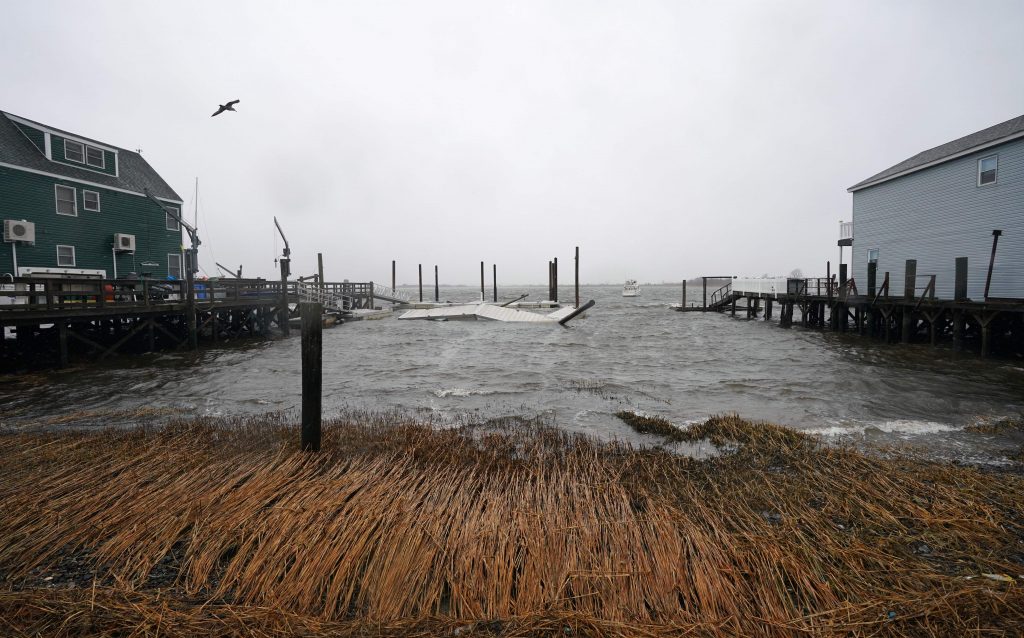Sustainability
UConn at the United Nations Climate Conference
UConn students attending the United Nations climate change conference in Madrid reflect on their experiences and what they've learned.
December 6, 2019 | Elaina Hancock
Nearly 40% of Plant Species are Very Rare and Vulnerable to Climate Change
Nearly 40 percent of all plant species on land are at risk for extinction because of climate change, according to a new report.
November 27, 2019 | Combined Reports
Meet the Researcher: Samantha Siedlecki, Marine Sciences
Samantha Siedlecki spearheads research on coastal environments, and is currently developing a regional model of ocean acidification for the East Coast.
November 18, 2019 | Anna Zarra Aldrich '20 (CLAS), Office of the Vice President for Research
UConn Extension Growing Food With the Mashantucket Pequot Tribal Nation
The Mashantucket Pequot Tribal Nation and UConn Extension are collaborating to enhance agricultural production, food security, and health of tribal community members.
November 7, 2019 | Kristen Cole
UConn Launches Hemp Testing Lab in Response to Industry Need
“As a producer, you want to ensure that you are not only legal but also that your product is safe," says Michael Willig, UConn's Institute of the Environment.
October 21, 2019 | Elaina Hancock
The Art of Organisms Living in the Extreme
Images of Professor Bernard Goffinet's work debuted at the Chilean embassy this week, drawing attention to the tremendous and unaccounted for biodiversity in a region of that country.
October 17, 2019 | Elaina Hancock
New England Power Line Corridors Harbor Rare Bees and Other Wild Things
These corridors sustain animals, birds and insects, including dozens of bees, one of which is so rare it was thought to have been lost decades ago from the U.S., writes UConn's David Wagner.
October 11, 2019 | David Wagner, professor, and Henry Frye, doctoral student, University of Connecticut.
For This Ocean Dweller, Ability to Respond to Warming Waters is About Location
Our knowledge about species adaption patterns is mainly from animals living on land. In a new study, UConn scientists take a look at animals in ocean currents.
September 27, 2019 | Elaina Hancock
Engineers Produce Water-Saving Crop Irrigation Sensor
The sensors are small enough to insert into the soil and less expensive to manufacture than current technology, the researchers write in the Journal of Sensors and Actuators.
September 26, 2019 | Mike Enright '88 (CLAS), University Communications
Coastal Birds Can Weather the Storm, But Not the Sea
The impacts of hurricanes, in terms of populations rather than individual birds, tend to be surprisingly small compared to the other threats that are causing these species to decline, say researchers.
September 18, 2019 | University of Maryland's National Socio-Environmental Synthesis Center
